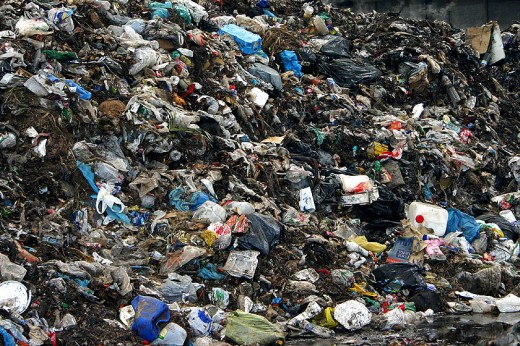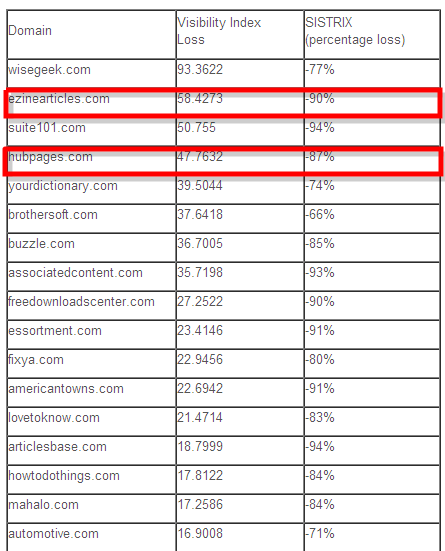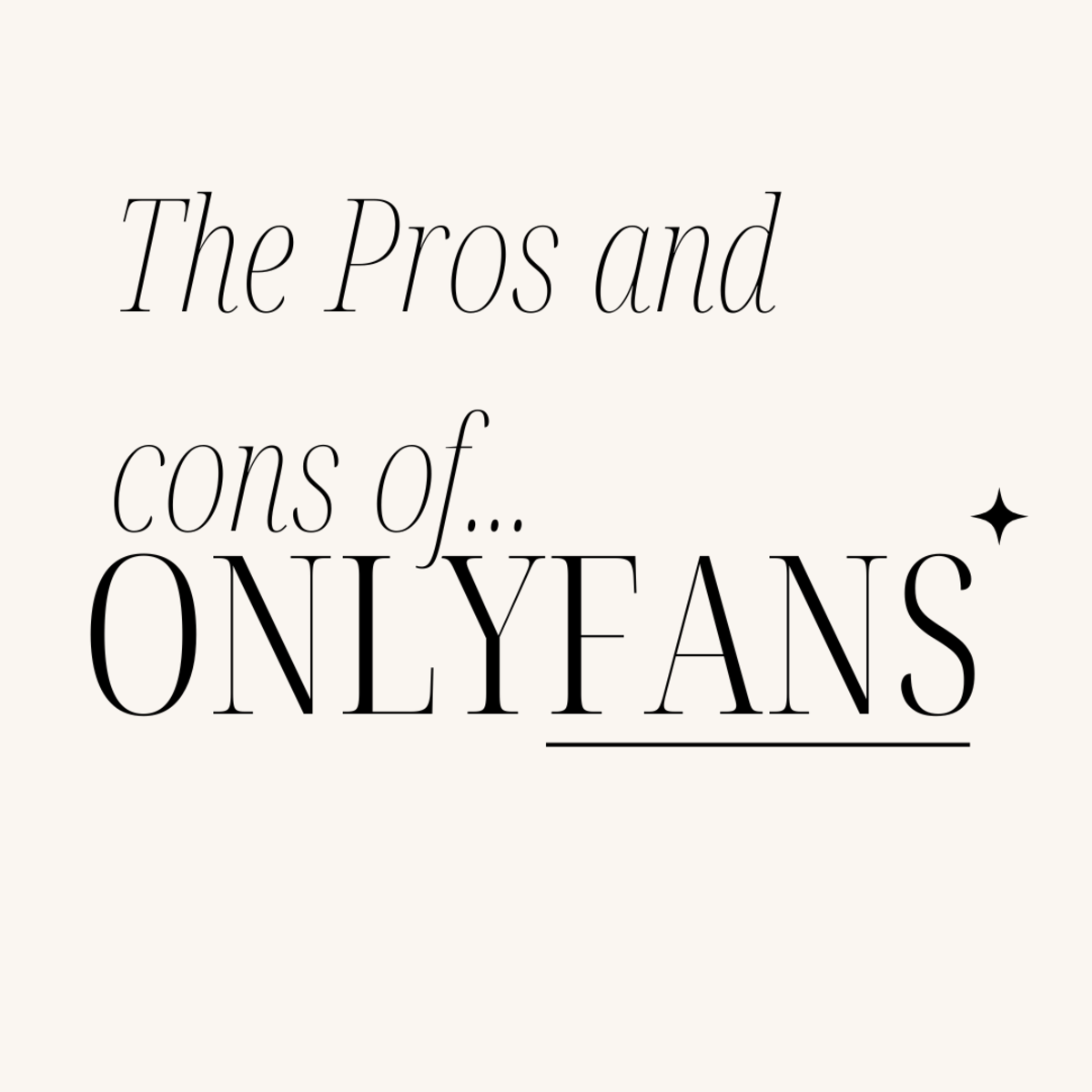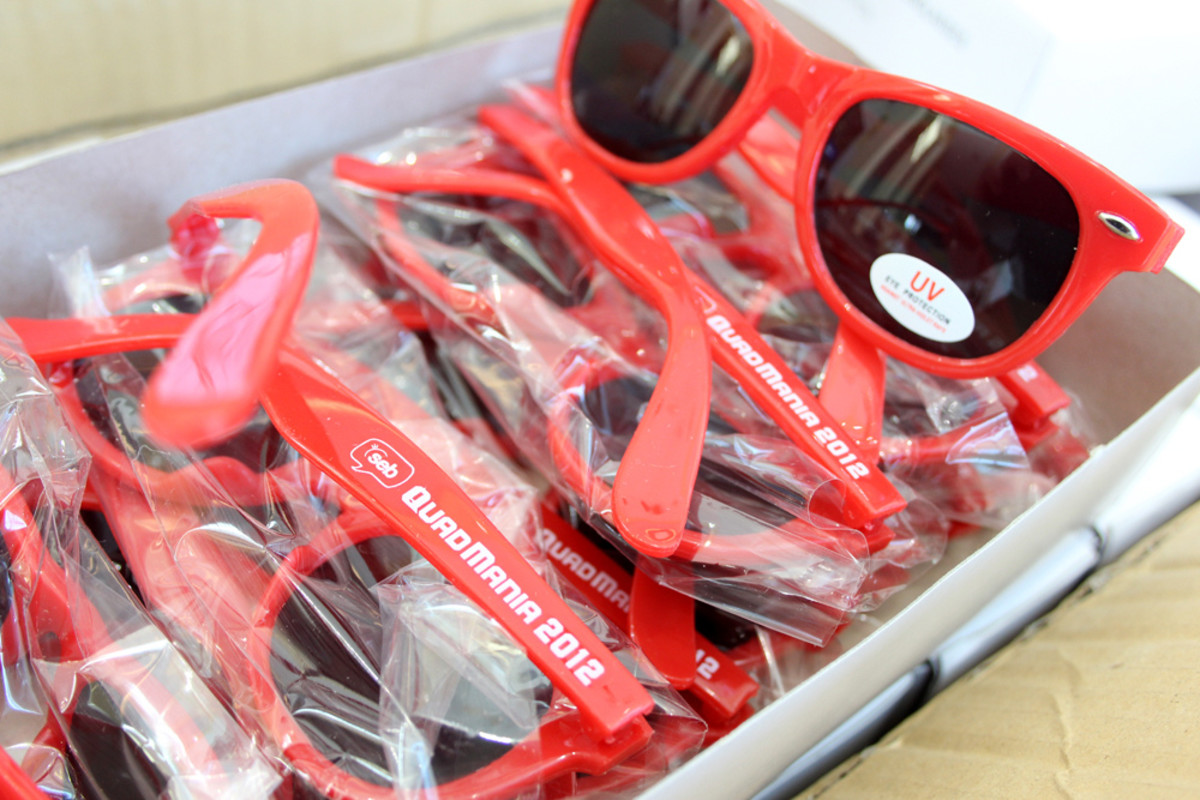Why Article Spamming Is Coming to An End
Just recently Big Brother Google implemented a change in their search algorithm aiming at reducing the amount of content spam all across the internet. Mind you that the Internet is riddled with a whole heap of garbage and not just articles alone. The whole problem started when people started taking article marketing for granted and start churning articles that are low in quality and publish them for the sake of getting a backlink. When the big boys of internet marketing came out with article submission and spinning software and started preaching that article marketing is one of the best ways to build backlinks, it became more and more of a problem.
“Experts” started submitting more articles which are poorer in quality than your average Year 6 students and somehow the article editors just let them through.
Thankfully, Google has long recognized this problem and has been working for almost a year to come out with this new algorithm which has weeded out approximately 12% of crappy search engine results from the first page for hundreds of thousands of keyphrases specifically linking to article directories and Web 2.0 sites. Basically this new algorithm is directed specifically at content farm websites.


Article Spamming Crackdown
To put an example of this happening, let me quote to you an email I’ve recently received from Ezinearticles. Since Google put this into place, Ezinearticles, the world’s top article directory with an Alexa ranking of 96 has significantly loss its position in hundreds of thousands of keywords and keyphrases. Their Alexa ranking remained at a fairly steady position though. Although Ezinearticles is notorious for not approving badly written content and have strict quality guidelines, it still wasn’t spared.
This was what Ezinearticles sent me a few days ago:
Ezinearticles announced 5 Quality Improvement Changes Effective Immediately
1. Increased Quality Checks (Double the time now)
2. WP Plugin and API (Disallowed PERMANENTLY)
3. Deadlink /Link Diagnostic Center (unfixed links will be de-linked without notice)
4. Basic Plus Membership level (limited, if no improvement NO FURTHER article submissions allowed)
5. New Minimum 400 Word Count
I’ve cut out the details provided with their email. Basically what Ezinearticles is trying to do is to weed out the bad writers who write to take advantage of the system, without providing any benefit to the end user. I totally welcome their new rules because seriously even with their so-called stringent article guidelines, there are just some really bad articles that must have passed through.
I’m sure there are still people reading them before approving it, but I wonder if it’s because of the article load they are receiving everyday vs the human resources within Ezinearticles itself.
I can totally understand why Ezinearticles implemented these new guidelines because of Google’s new search algorithm and quality control have impacted a lot of article directory sites. Even Hubpages is not spared.

Let’s see some figures to give you some idea.
Sistrix, A German SEO Company gives us these figures and takes into account keyword positions lost, specific ranking positions and clickthrough rate estimates from results.
This table on your right basically gives you the visibility index loss based on the above parameters.
I’ve highlighted Hubpages and Ezinearticles to give you some idea about the impact on these 2 major content sharing websites on the internet.
Aaron Wall of SEOBook, came up with this list which although not similar seem to tally somewhat with the results produced by Sistrix.
The Top 5 Losses in Traffic are
1. ezinearticles.com
2. associatedcontent.com
3. suite101.com
4. hubpages.com
5. buzzle.com
As you can see, its obvious that article directories and some Web 2.0 sites like Hubpages and Squidoo are involved. Squidoo is not in the list there but its definitely affected by the change.
Alright we’ve seen the losers but what about the winners. One report from SEOClarity showed that the top 10 winners who benefited from the new algorithm are:
The Top Ten Winners:
1. Amazon.com
2. eHow.com
3. NexTag.com
4. Wikipedia.com
5. Walmart.com
6. Target.com
7. Etsy.com
8. Answers.Yahoo.com
9. Sears.com
10. bestonlinecoupons.com
Personally, I’m not sure if I would agree with the list but eHow also have some fairly bad articles that made it to the front page of Google.
Well anyway, the moral of the story is, write QUALITY CONTENT and not content for the sake of getting content out there. If you think you need to spend 5 hours on writing a good article, then do it don’t take the short route of creating an article in half an hour just because you have quick typing skills or because you have a deadline to meet.
More on How To Write
- Improve Writing Skills with Connotation: Verbs and A...
This is the second entry in my online writing classes. The first covered the basic essay format. This entry in my online writing courses will discuss how to improve writing skills by using colorful verbs and... - Do You Ever Get the Feeling That Your Writing Isn't ...
Of course this question pops up for everyone here on Hubpages all the time I am sure, and the answer for me is yes! Of course there are many times, especially in the beginning, when I thought that my writing... - The Top 3 Reasons Why Your Blog Must Be SEO Optimized | Earn Money From Home Blog
This is a guest post by Lakshmi. Today she'll talk about why you must not forget about SEO completely for your blog. If you are thinking of getting ongoing traffic without actively seeking for traffic such as guest posting or commenting, then this is - Practical Ways to Write and Get More Eyeballs | How To Write Better | Earn Money From Home Blog
Im not at all advocating bad grammar, total neglect of language structure and blatant disregard for content quality. There are lots of structured ways to help you write better. Here, these practically ways do help me sometimes. It is a lot of fun to







